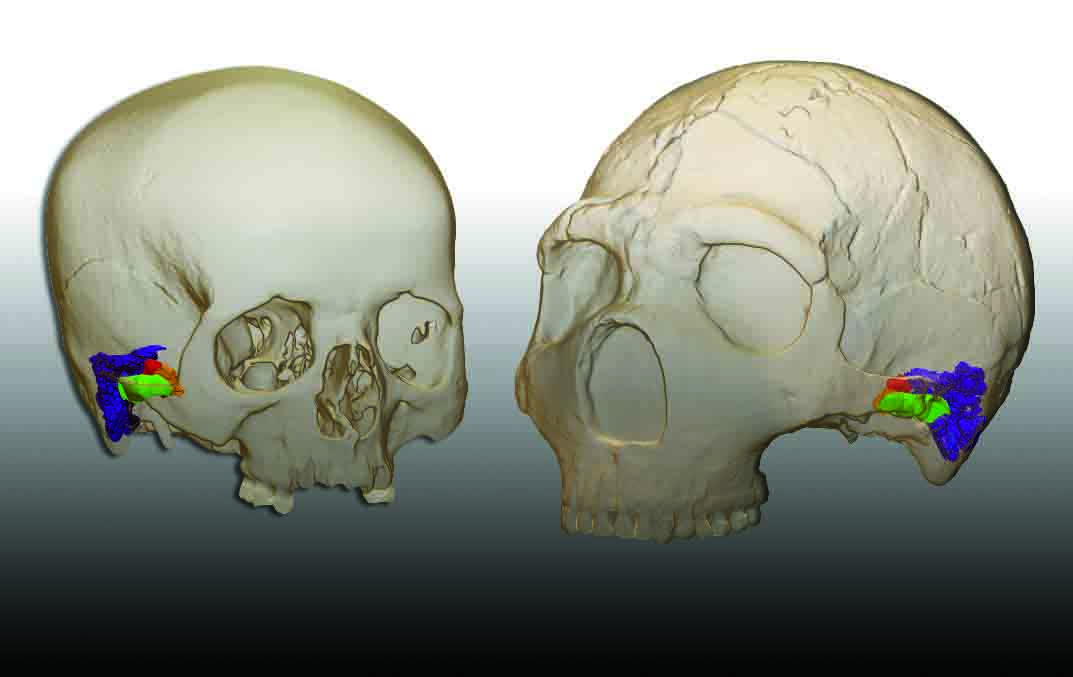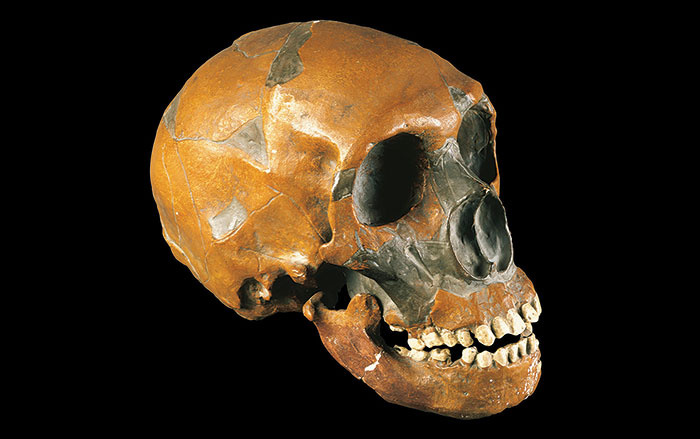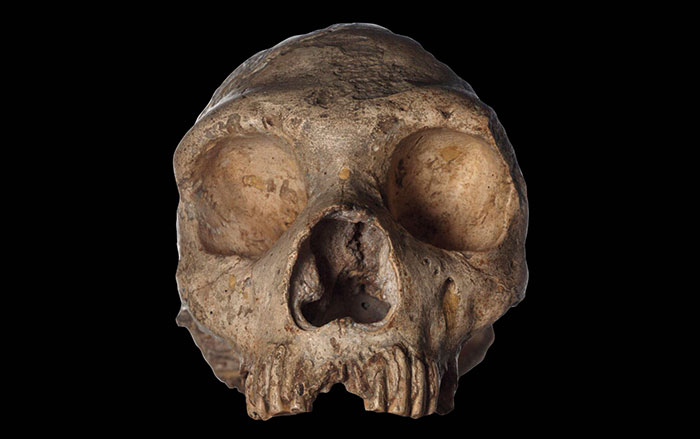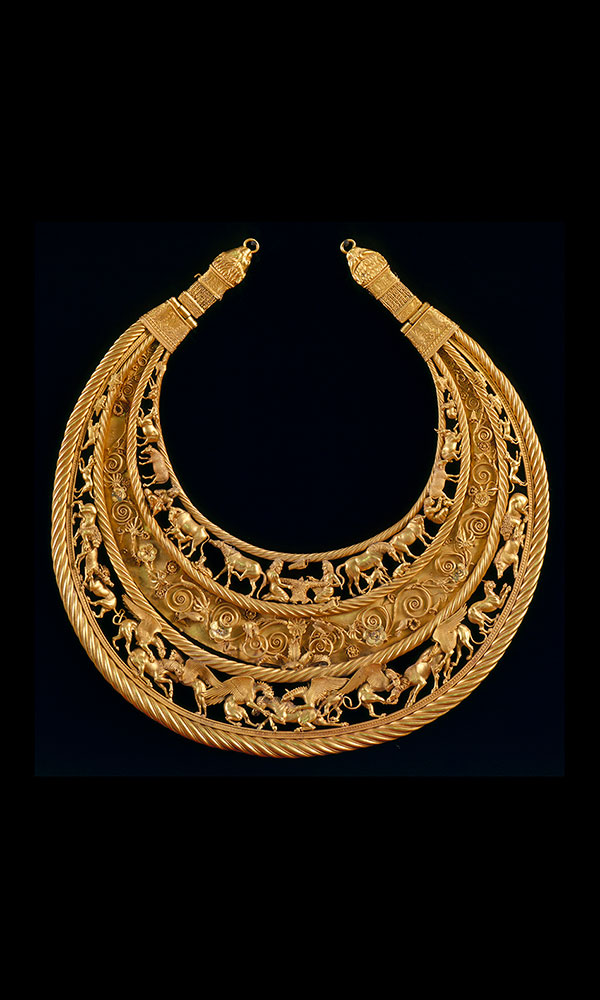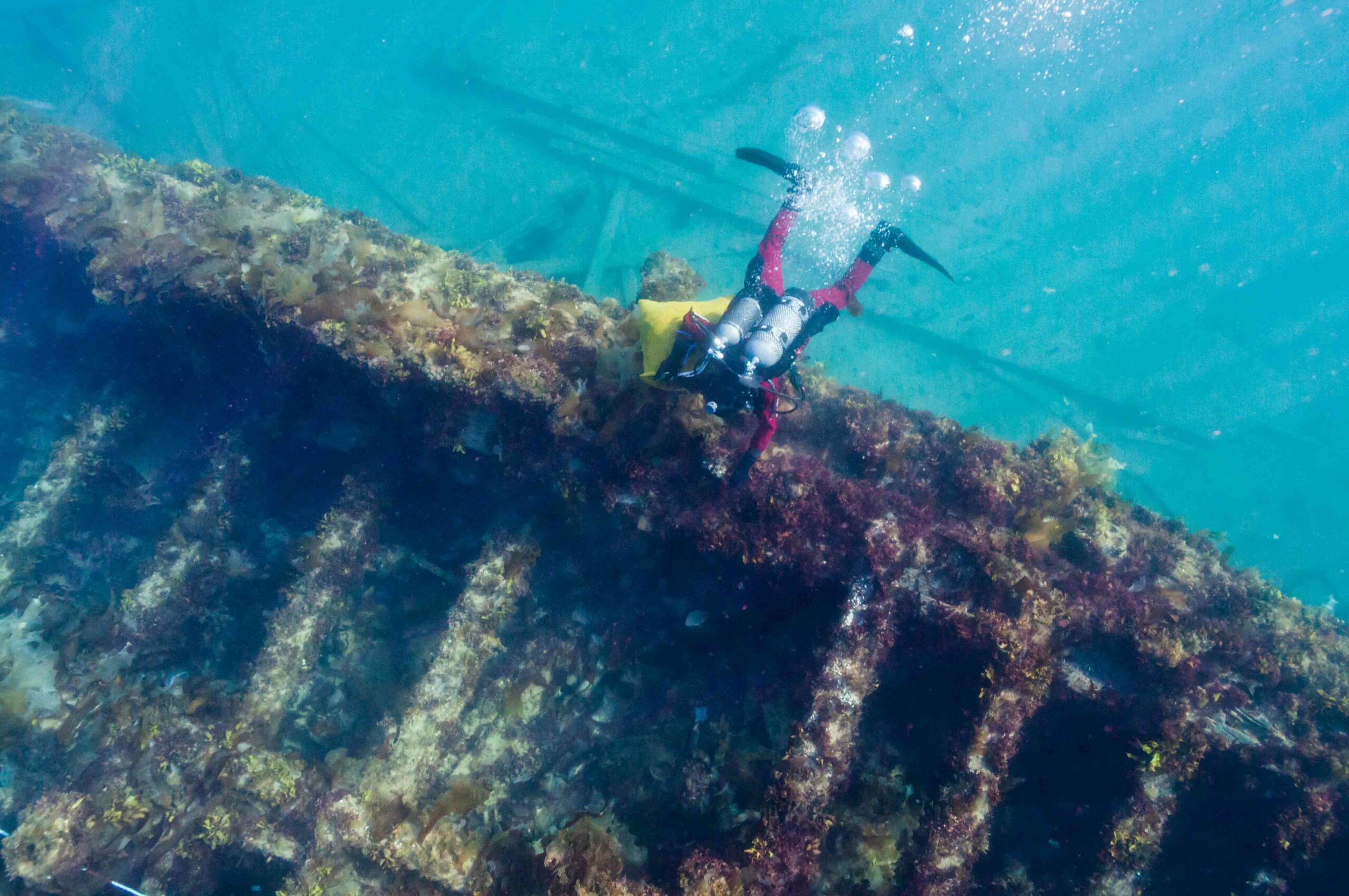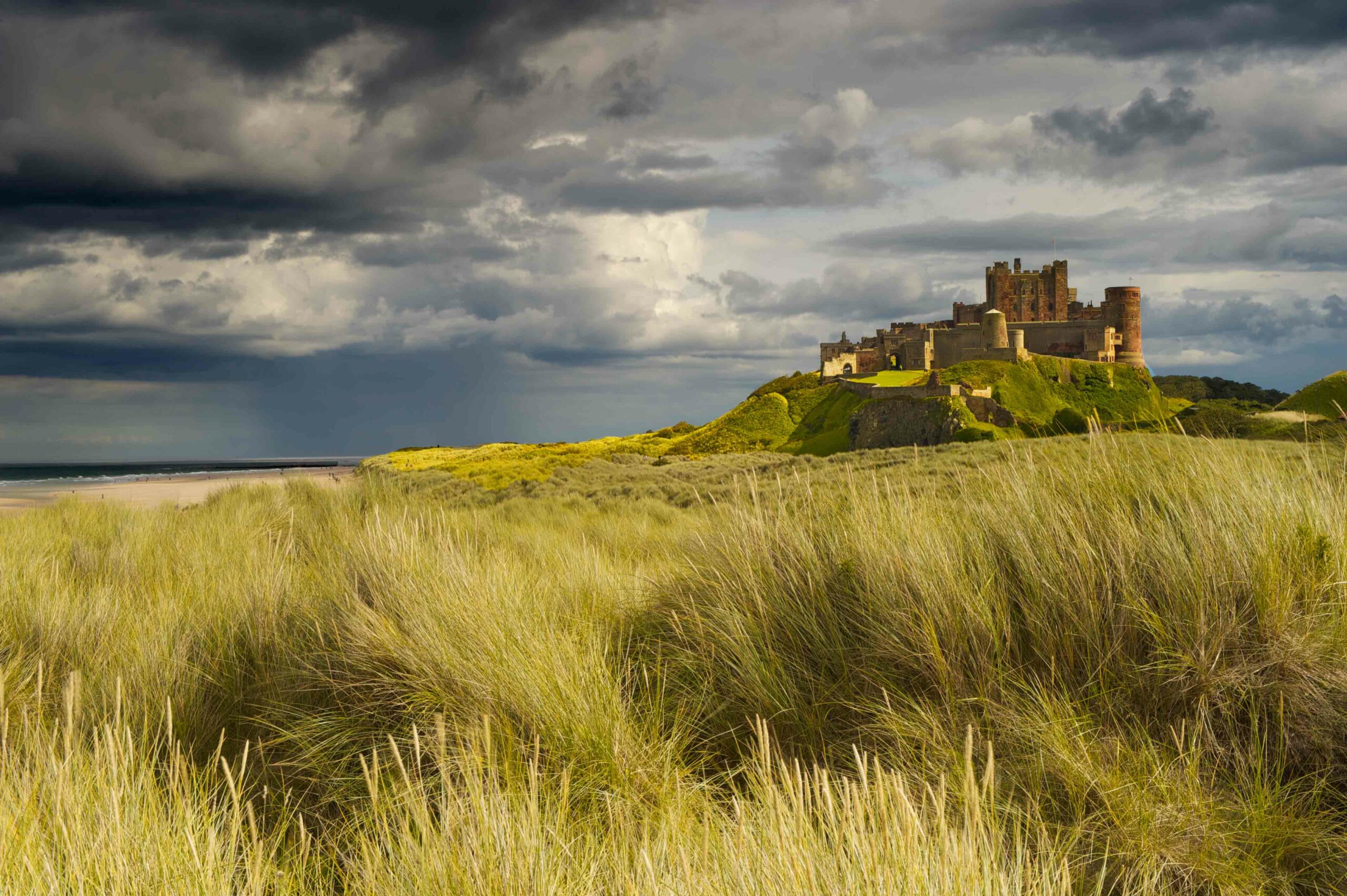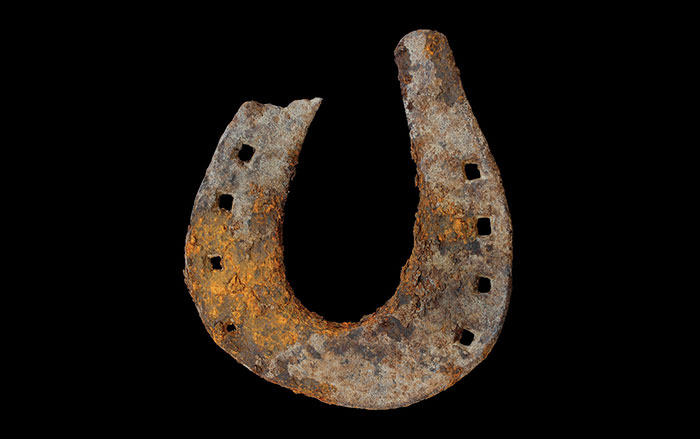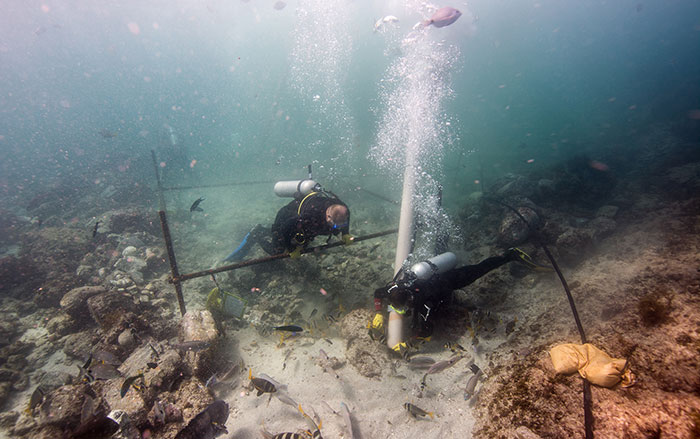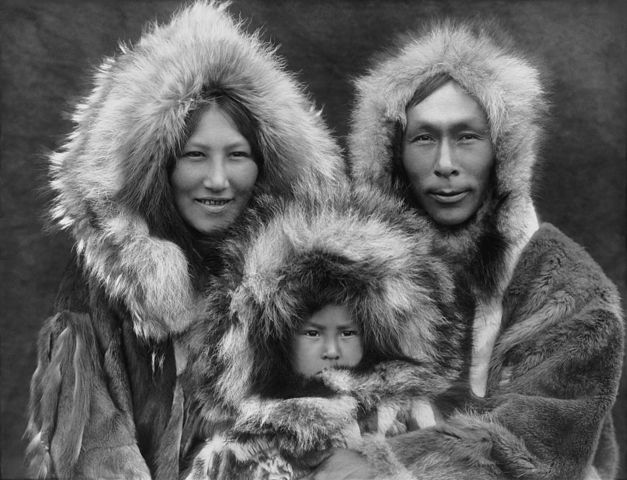
BRITISH COLUMBIA, CANADA—Cold-weather gear may have helped modern humans survive while Neanderthals died out, according to a new study led by Mark Collard of Simon Fraser University. He noted that figurines discovered in Siberia dating back 24,000 years are thought to depict people wearing furry, hooded outfits. Bone needles, pelt scrapers, and the bones of creatures such as rabbits, foxes, mink, and wolverine have been found at modern human campsites. Their fur may have been used to make such warm garments. Collard explained that wolverine fur makes an excellent ruff for a parka hood because it shields one from the wind, sheds hoarfrost, and is durable. Neanderthals are thought to have worn draped animal skins, since the tools associated with crafting closely fitted garments have not been found at Neanderthal sites. Inadequate clothing could have left Neanderthals vulnerable to frostbite and hypothermia, and may have limited their ability to look for food. “Keeping children warm particularly is likely to have led to many more surviving childhood which would have improved population size,” Chris Stringer of London’s Natural History Museum commented in The Telegraph. For more, go to "Decoding Neanderthal Genetics."


